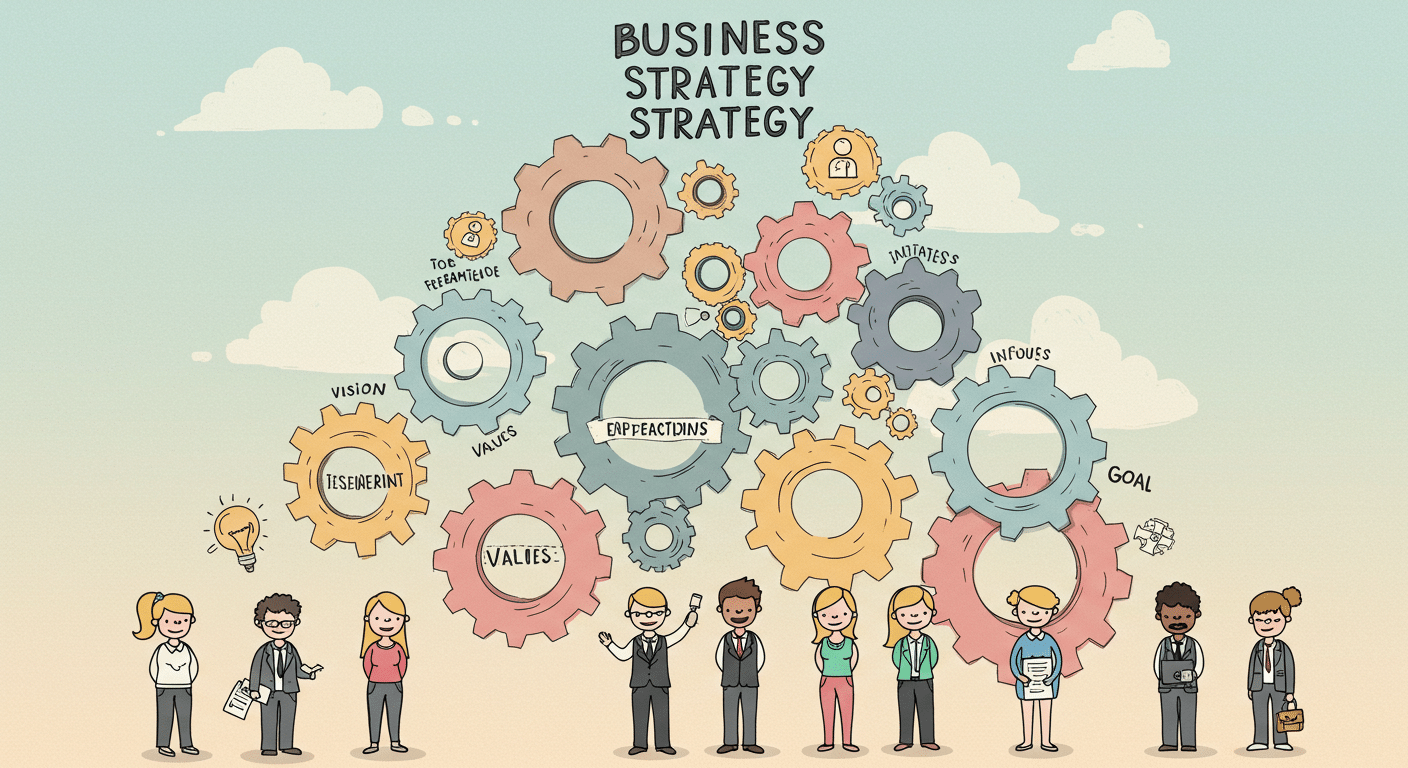Do you need a coach to reach your goals? A look at the evidence
Throughout history, coaching has helped leaders take their performance to the next level.
Phil Knight helped Michael Jordan and Kobe Bryant become legends. Butch Harmon’s work with Tiger Woods and Phil Mickelson made both legendary golfers. William Campbell coached Steve Jobs, Larry Page, Sheryl Sandberg, and Jeff Bezos (among others) as they built technology giants.
But not all coaches achieve such tremendous results for their clients. History also contains dire warnings about placing trust in outside consultants who promise to solve every problem while delivering little.
Leaders in business face a significant decision in choosing a leadership or strategy coach. While expensive, measuring coaching’s ROI is more difficult than measuring a personal trainer’s ROI by pounds lost.
Let’s take a look at some of the key factors leaders must evaluate when finding a business coach who’ll produce results for your team.
Why do executives hire a business coach?
Most leaders hire a coach intending to improve business outcomes. Overtime, as ideas on effective management shift, the desired outcomes of coaching changed.
In “What Can Coaches Do For You?” (HBR 2009), researchers Diane Coutu and Carol Kauffman surveyed 140 executive coaches about the driving motivations for their hiring. They found that in the past companies engaged coaching to “fix toxic behavior at the top”. Today’s coaching, however, focuses on “developing the capabilities of high-potential performers.”
As management moved away from the command and control approach, executive coaches are now primarily tasked with creating better leaders and coaches out of the managers they help. This new approach makes evaluating ROI more difficult as the emphasis of coaching expanded beyond just a quantifiable business outcome.
The role of today’s coach most often falls somewhere between consultant and therapist.
On one hand, coaches bring a set of best practices for managing goal setting and informing business decisions. This accounts for the 61% of coaches who say providing a clear methodology is very important for companies hiring coaches.
On the other, in their capacity as a therapist, coaches help clients take account of their life choices and values. They focus on changing behavior and developing the habits of success. They advise on balancing work and home life while making decisions that maximize well-being not just profits.
While only 3% of coaches in Coutu & Kauffman’s survey said they had been hired to help with an executive’s personal issues, 76% say they’ve counseled on such issues to help clients improve themselves as leaders and as individuals.
Today’s coaches don’t just help leaders set and stick to their goals. They help leaders align their career objectives with their life goals and personal values. Today’s coaches seek to not only create better managers but also better people through their work.
In turn, these leaders help their teams find the same level of fulfillment in their careers. Coaching sets an example for leaders throughout the company for how to align their team’s values and career goals with the company’s vision.
How Effective Is Business Coaching?
There are many stories of companies transforming their culture with coaching. Many of our success stories thank Align in conjunction with coaching for their success.
Align internal data shows that transparent goal management leads to teams completing 3.5 times more strategic priorities. The benefits are especially large for companies also working with a business coach. Added layers of accountability, like those provided by strategic goal tracking software or by coaching, increase the likelihood of achieving a goal.
Other research on coaching suggests a few key areas where coaching is most impactful. In a study of Israeli executive coaches, Gagner (1997) found that executive coaching was most effective as a way to maintain executives’ career satisfaction over time. Evers, Brouwers, & Tomic (2006) broke managers in a federal agency into a coached and uncoached group and found a driving factor of this increased career satisfaction in the coached group was the manager’s engagement with their goals. Managers with coaching were more likely to believe their actions empowered them to set and achieve meaningful goals.
These results suggest that coaching is most valuable for helping leaders develop the right professional goals. Acting as a bit of both the consultant and the therapist, great coaches bring purpose and satisfaction to a manager’s career.
Maximum ROI from Coaching
Given costs ranging from $500/hr to $3,500/hr, it’s astonishing to hear that fewer than 10% of organizations actually measure the ROI of coaching.
Clearly, the benefits of coaching go beyond a measurable ROI. Coachees often report improvements in work-life harmony, personal growth, and life satisfaction as the biggest impact of their coaching experience.
For a company to invest resources and time in coaching, building processes that drive success should still be a measurable outcome of coaching. To accompany the benefits to leaders personally, coaching should help their clients define and measure the impact these positive changes are making in their business.
Lack of clear ROI may be a key reason the average coaching engagement is only 7-12 months.
Technology now makes it possible to measure the outcomes of coaching in real-time. Software like Align allows both coaches and leaders to track progress on the motivational goals they develop together.
This new technology may be the missing link between where coaching succeeds- developing inspirational goals- and where it falls short- proving ROI to reinforce change.
Seeing the Whole Picture
Just as the Fitbit didn’t make personal training obsolete, business coaching will remain relevant in the age of new technology.
Life mandates that we choose between an infinite number of potential paths. Selecting the right path means aligning our decisions with our values. Coaches help us define these values and design a path that maximizes our satisfaction. They should also help us track our progress in achieving these goals.
As management and industry evolve, executives must search for coaching that provides measurable ROI. The transparency and accountability expected of direct reports should also apply to management and the coaches they hire and vice-versa.
In sports, even great coaches get fired when results do not justify the investment. Winning a Super Bowl was not enough to save Doug Pederson’s position with the Philadelphia Eagles after a losing season.
With the right tools coaching can fulfill its dual mandate: helping executives focus on the things that will bring them satisfaction and providing ROI with the processes that drive success.
At Align, we see coaches combine counseling and technology to improve the lives of leaders and their teams. In the future, we hope all coaches can help their clients achieve the big goals that matter most.
If you’re interested in learning how coaching can impact your business or if you’re a coach looking to prove your ROI, join Align for a demo of our tools!





